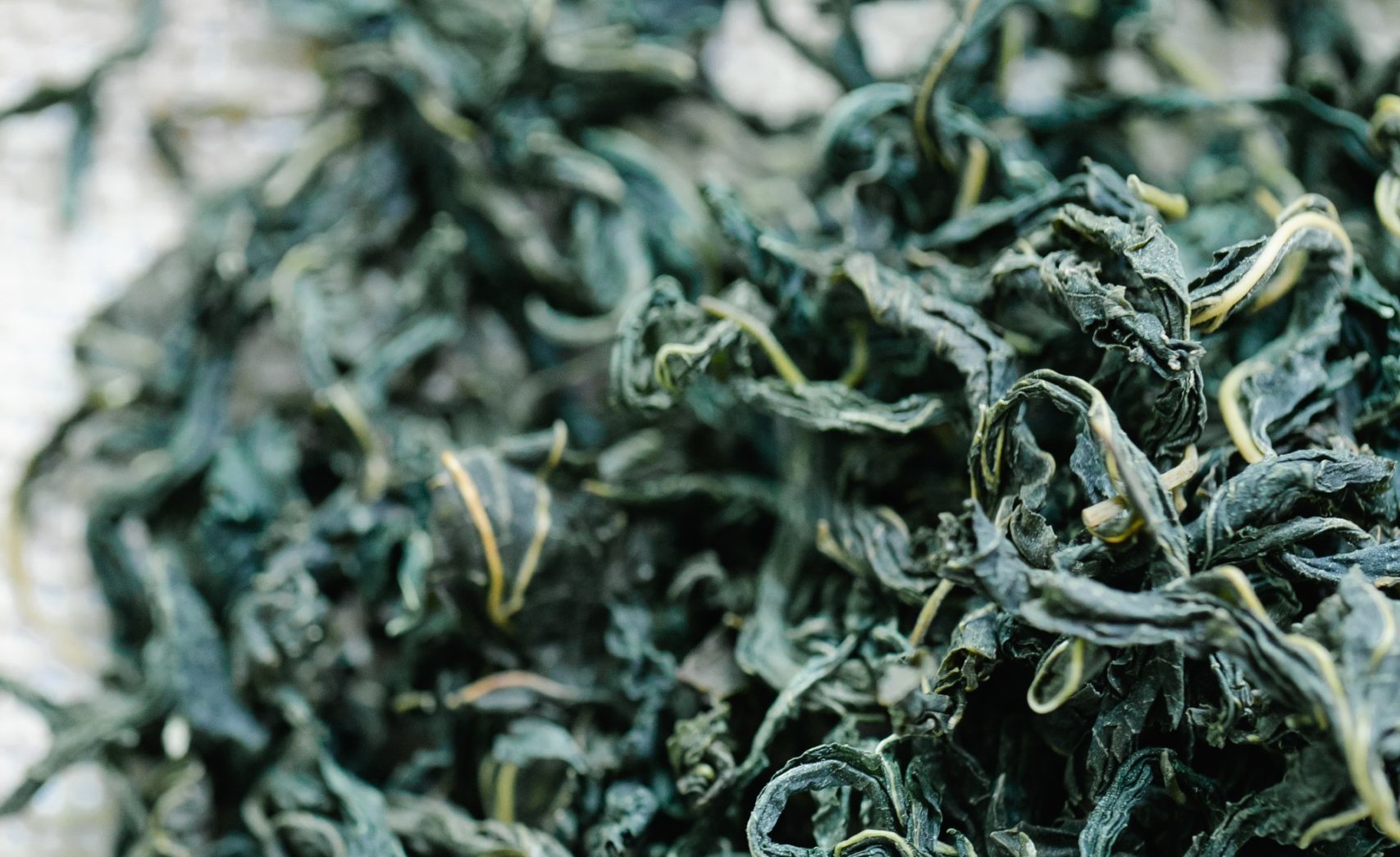There are several compounds present in nature that we can use to enhance various functions in our bodies. This time we will focus on docosahexaenoic acid, better known as DHA.
What is DHA?
DHA is one of the polyunsaturated fatty acids that make up omega 3. It has been widely studied for the wide variety of health benefits it provides, among which are the following:
- Promotion of the optimal performance of vision and brain function.
- Protection for the cardiovascular system.
- Delayed deterioration of cognitive function due to age.
- Decrease in the symptoms of attention deficit and hyperactivity syndrome.
- Decrease in anxiety and depression.
- Anti-inflammatory effect.
How much should I consume to obtain these benefits?
The European Union Food Safety Authority recommends a daily intake of 250 mg of DHA for adults and children over 4 years old to obtain these benefits.
Where can I find it?
Omega 3 and, therefore DHA, are predominantly found in fish oil and to a lesser extent in eggs and dairy products. However, in recent years, interest in the algae Schizochytrium 's oil has increased, given its richness in DHA. personas que no consumen alimentos de origen animal A plant-based source of DHA makes its benefits available to people who do not consume foods of animal origin and those who have fish allergies. This ingredient also has a neutral flavor, facilitating its incorporation into a wide variety of prepackaged foods.
References
European Food Safety Authorisation. 2009. Request to EFSA for advice in relation to the authorisation procedure for health claims pursuant to regulation (EC) No 1924/2006 on nutrition and health claims made on foods – for authorisation of health claims referring to DHA and ALA. Scientific Panel on Dietetic Products, Nutrition and Allergies Unit. Italy.
Fedorova-Dahms, P.A. Marone, M. Bauter, A.S. Ryan. (2011). Safety evaluation of DHA-rich Algal Oil from Schizochytrium sp. Food and Chemical Toxicology. Volume 49, Issue 12. Pages 3310-3318
Ryan, L; Symington, Amy. (2015). Algal-oil supplements are a viable alternative to fish-oil supplements in terms of docosahexaenoic acid (22:6n-3; DHA). Journal of Functional Foods. Volume 19, Part B. Pages 852-858,
Schmitt, D.N.; Tran, J.; Bauter, M.; Marone, P. (2012). Toxicologic evaluation of DHA-rich algal oil: Genotoxicity, acute and subchronic toxicity in rats. Food and Chemical Toxicology. Volume 50, Issue 10. Pages 3567-3576,
Sprague, M; Walton, J; Campbell, P; Strachan, F; Dick, J; Bell, J. (2015). Replacement of fish oil with a DHA-rich algal meal derived from Schizochytrium sp. on the fatty acid and persistent organic pollutant levels in diets and flesh of Atlantic salmon (Salmo salar, L.) post-smolts. Food Chemistry, Volume 185, pages 413-421,




